The Chinese Foreign Ministry on Tuesday said that arbitrarily putting up barriers can't stop China's innovation, and it urged the U.S. to support companies from all countries to promote technological progress through fair competition.
The remarks came after U.S. chipmaker Nvidia identified Huawei as a top competitor in areas including artificial intelligence (AI) chips, and said that if the U.S. tightens export controls on chips, its competitive position could be further affected in the long term.
"Small yard and high fence" will not stop China's innovation-driven development, nor will it do any good to U.S. companies or the entire semiconductor industry," Mao Ning, Foreign Ministry spokesperson, told a press conference on Tuesday.
Mao noted that open cooperation is the core driving force for the growth of the semiconductor industry. China is one of the major semiconductor markets in the world. To fragment the market, destabilize global industrial and supply chains, and stymie efficiency and innovation serves no one's interests.
The U.S. needs to follow the principles of market economy and fair competition, and support companies around the world in advancing science and technology through healthy competition, Mao said.
Nvidia identified Huawei as a top competitor in supplying chips designed for AI, such as graphics processing units, central processing units and networking chips, for the first time in a filing with the U.S. Securities and Exchange Commission last Wednesday, Reuters reported.
Industry observers said the move underscored the rapid ascent of Chinese companies' tech prowess, fueled by their stepped-up research and development (R&D) investment and the explosive demand in the domestic market.
"It shows that China has not been hindered by the U.S.-launched tech war, but has instead made progress by developing its own chip technology and ecosystem," Xiang Ligang, director-general of the Beijing-based Information Consumption Alliance, told the Global Times on Tuesday.
China's AI sector is undergoing a development boom, with the scale of the core industry at 500 billion yuan ($69 billion) and the number of AI enterprises exceeding 4,300, according to the Ministry of Industry and Information Technology last year.
While Chinese companies are reducing their reliance on U.S. technology due to escalating chip bans, the curbs have had a negative impact on the business of U.S. companies.
Nvidia is offering customers samples of its two new AI chips aimed at the China market, its CEO Jensen Huang said, in a bid to defend its market dominance amid the U.S. export curbs, Reuters reported last week.
The offering shows Nvidia's urgent efforts to retain the Chinese market, yet the market reaction to the downgraded chips in China has not been very positive, as potential buyers are concerned that there may be further restrictions after purchase, Xiang said.
According to its results released last Wednesday, Nvidia recorded sales of $1.9 billion in the China market in the fiscal fourth quarter, which ended on January 28, Reuters reported.
That amounted to about 9 percent of total sales, down from 22 percent in the previous quarter when it reported $4 billion in sales in the region.
"This last quarter, our business significantly declined as we...stopped shipping in the marketplace (for China)," Huang said during the earnings call.








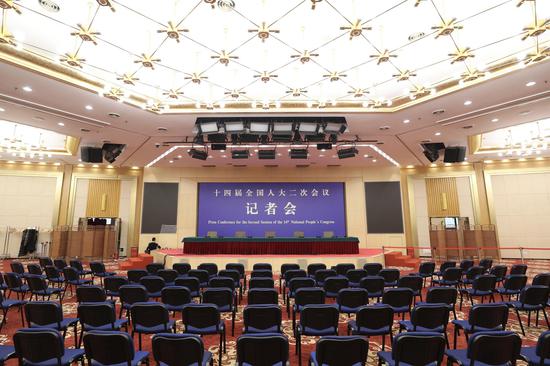
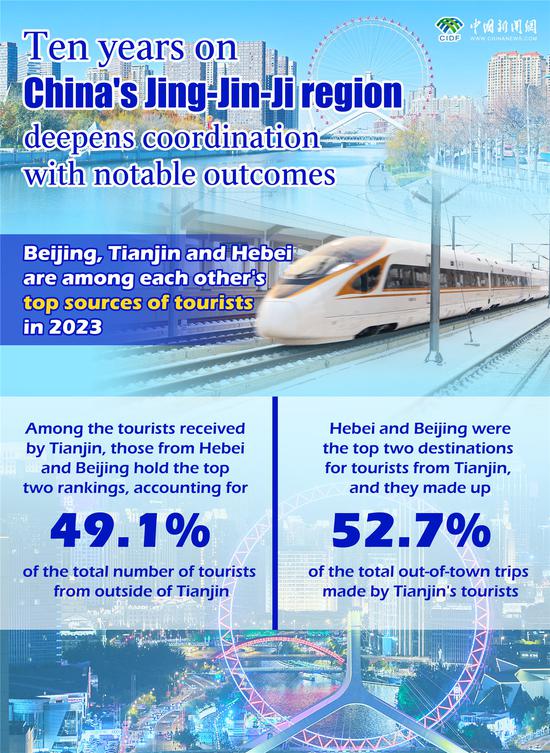
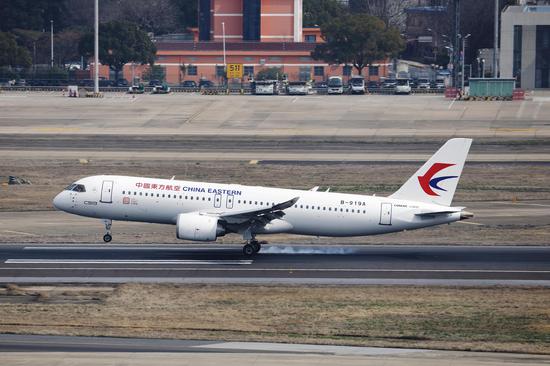
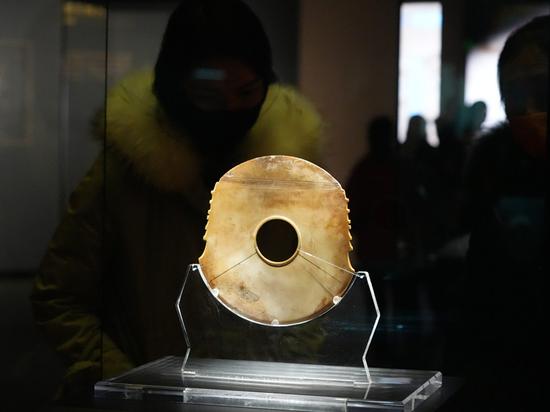


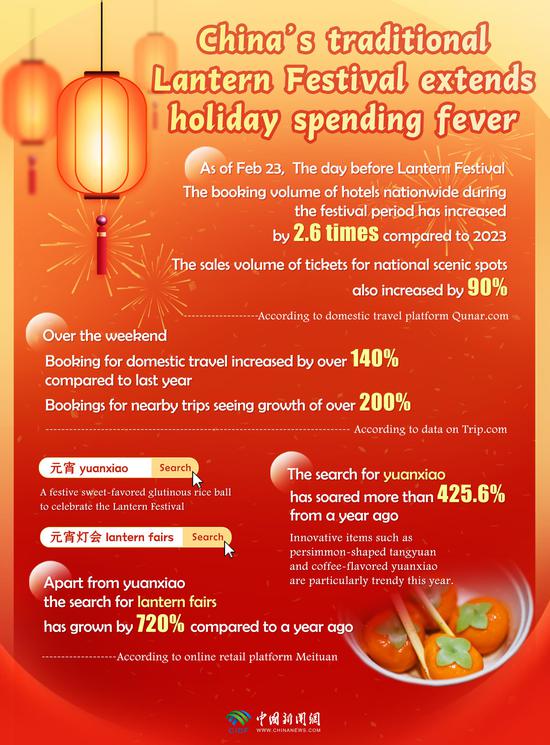
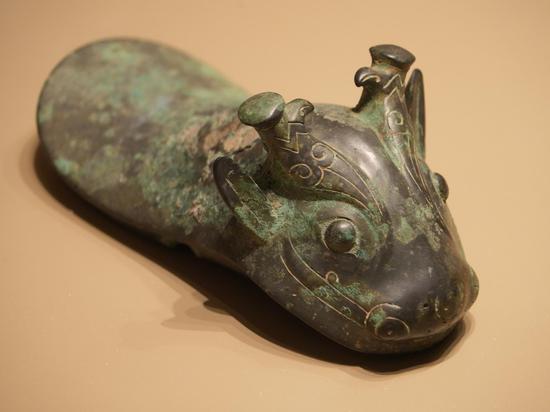
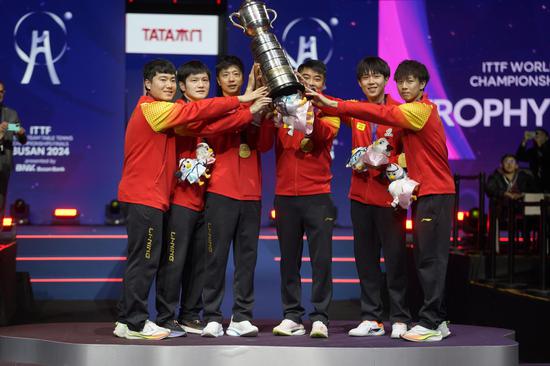








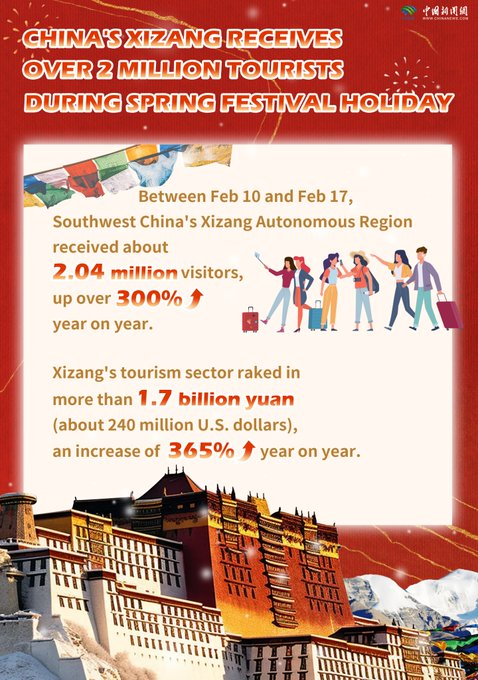
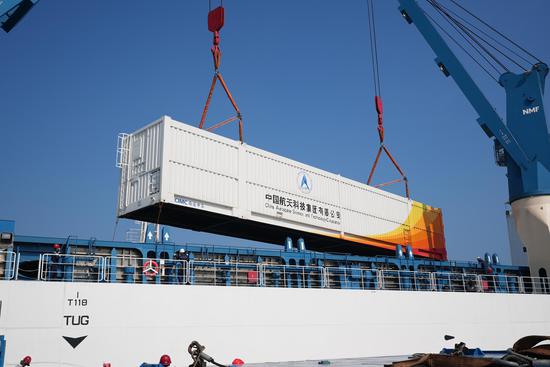





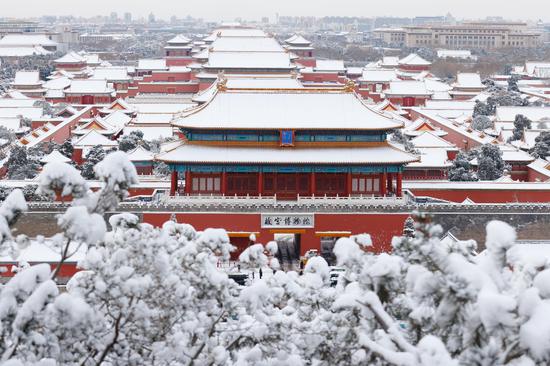
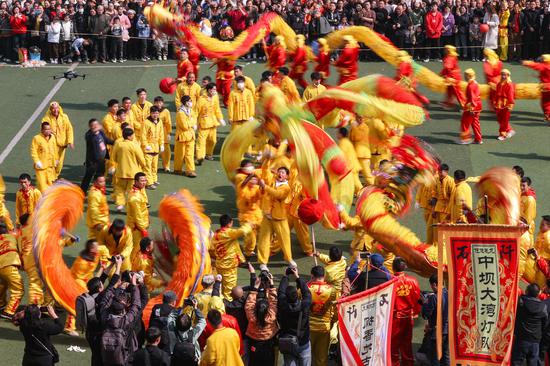


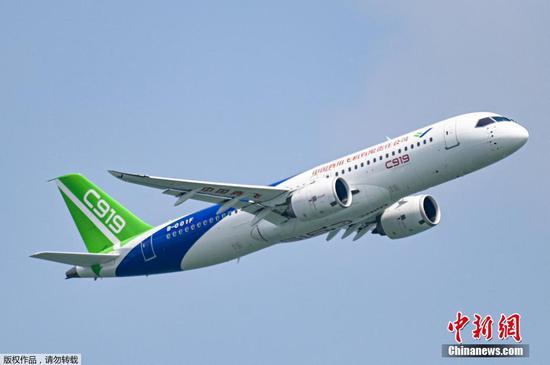


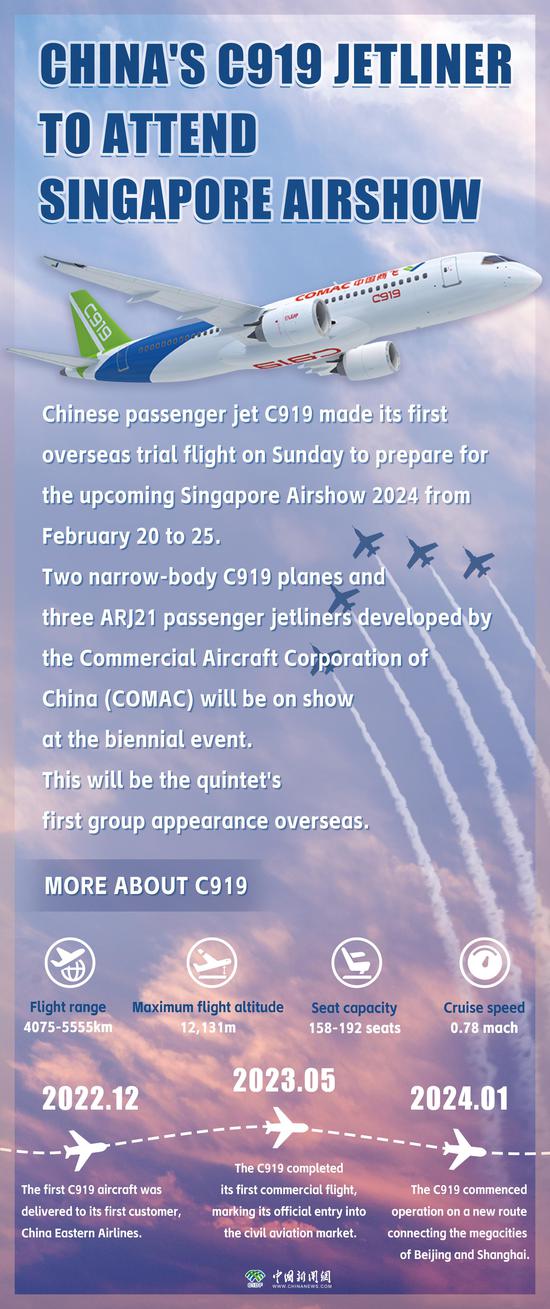
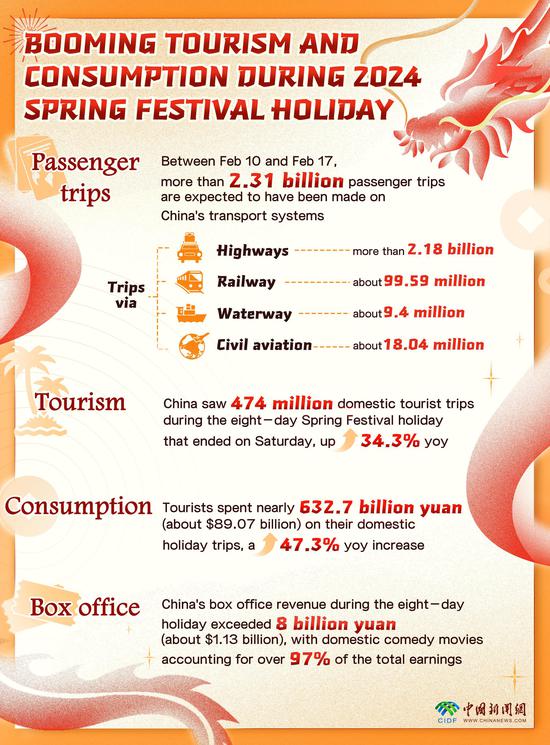









 京公网安备 11010202009201号
京公网安备 11010202009201号